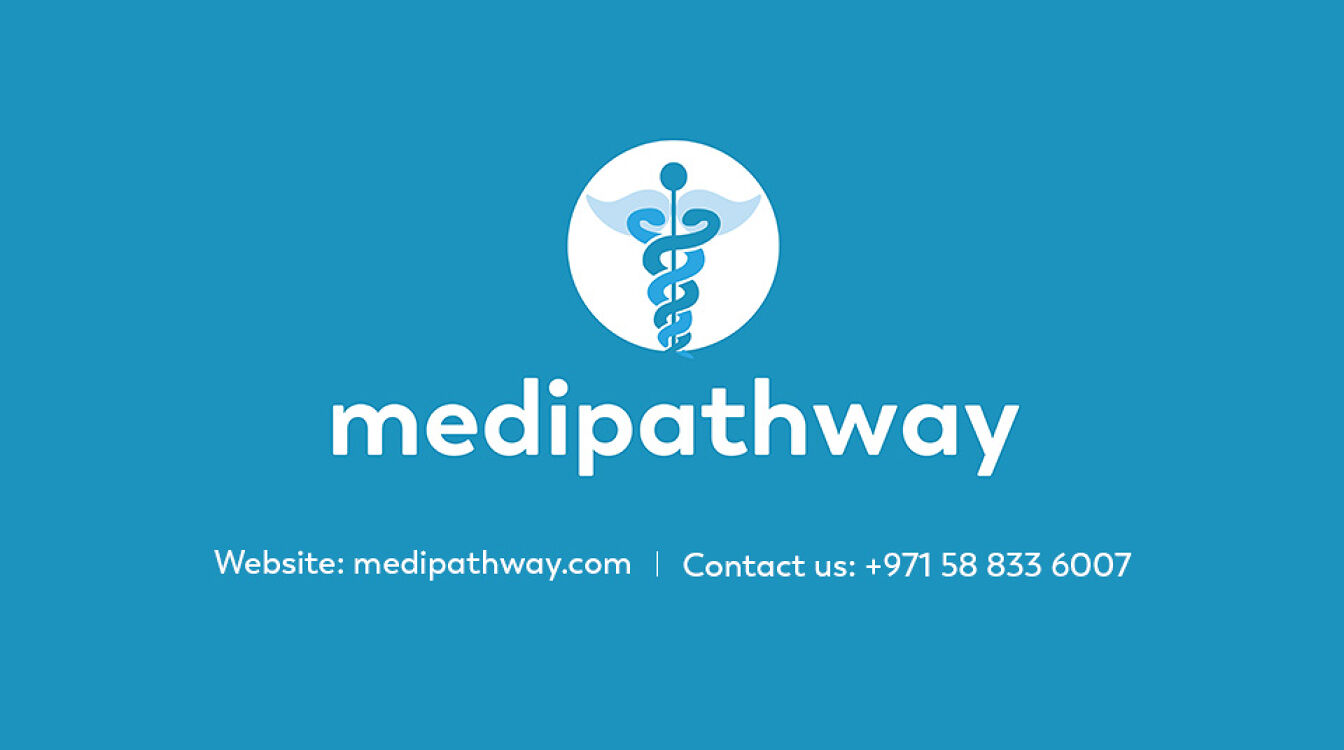Medipathway: Choosing Your Path to Success: Medical School in the Caribbean
Embarking on a journey toward a career in medicine is a noble and challenging endeavor. For many aspiring doctors, the path to becoming a healthcare professional can be arduous, competitive, and filled with obstacles. While medical schools in the United States and other countries are highly esteemed, the road to admission can be extremely competitive and financially burdensome. This is where the Caribbean comes into the picture, offering an alternative route to a successful medical career. In this blog, we will explore the option of pursuing medical education in the Caribbean and discuss the benefits and considerations of this choice.
Why Consider the Caribbean for Medical School
High-Quality Education: Many Caribbean medical schools offer high-quality education, often modeled after American medical programs. They are accredited by reputable organizations, ensuring graduates are well-prepared for medical licensure exams.
Diverse Student Body: Caribbean medical schools attract a diverse pool of students from various countries. This diversity fosters a rich cultural exchange and gives students a broader perspective on healthcare and medicine.
Favorable Climate: Studying in the Caribbean offers the added benefit of a tropical climate, which can be a significant draw for those seeking a more pleasant living environment.
Accessible Admission: Caribbean medical schools tend to have more accessible admission requirements, making it a viable option for students who may not have secured a spot in U.S. medical schools due to fierce competition.
Challenges and Considerations
While the Caribbean may offer an attractive alternative to medical education, it's essential to consider the challenges and potential drawbacks:
Accreditation and Recognition: Not all Caribbean medical schools are created equal. It's crucial to research schools carefully to ensure they are accredited and recognized by relevant medical boards in your home country.
Financial Considerations: Tuition fees for Caribbean medical schools can still be significant. Students should assess their financial situation and explore scholarship opportunities to mitigate the financial burden.
Island Life: Living on a Caribbean island can be a unique experience but may only be suitable for some. Consider whether you can adapt to the lifestyle, climate, and potential cultural differences.
Residency Matching: Graduates of Caribbean medical schools may face challenges when matching into U.S. residency programs. Although many do succeed, the process can be more competitive.
Research and Choose Wisely
Selecting the right Caribbean medical school is crucial for your success. Here are some steps to help you make an informed decision:
Accreditation: Ensure that relevant authorities accredit the medical school. This accreditation is essential for your future licensure and employment prospects.
Residency Success: Investigate the school's track record of helping graduates secure residency positions, particularly in the United States, if that's your goal.
Curriculum and Faculty: Examine the curriculum and faculty qualifications to ensure they meet your educational needs and standards.
Location: Consider the location of the medical school. Do you prefer a more oversized, cosmopolitan island or a quieter, secluded environment?
Cost and Scholarships: Evaluate the total cost of your education and explore scholarship opportunities, as financing your medical education is a significant concern.
Benefits of Caribbean Medical Education
Faster Admission: Caribbean schools often have rolling admissions, allowing students to start their medical education sooner than they would in more competitive programs.
Global Perspective: Studying in the Caribbean exposes you to healthcare challenges and perspectives from different parts of the world, broadening your understanding of medicine.
Clinical Experience: Many Caribbean schools provide extensive clinical experience, often in U.S. hospitals, which can strengthen your practical skills.
Support Services: Caribbean schools often offer support services to help international students adjust to the new environment, including housing assistance, counseling, and academic support.
Networking Opportunities: Building a network of peers and professionals during your time in the Caribbean can benefit your future medical career.
Conclusion
Choosing to pursue medical education in the Caribbean is a decision that comes with both advantages and challenges. It provides an alternative path to achieving your dream of becoming a doctor when traditional routes may be highly competitive or financially prohibitive. However, it's crucial to research and select a reputable Caribbean medical school that aligns with your goals and aspirations.
Ultimately, the success of your medical journey will depend on your dedication, hard work, and commitment to excellence in your studies. Whether you choose to study in the Caribbean or another location, remember that the path to a medical career is rewarding but demanding, and your determination will be the key to your success.
.jpg)





Comments
Post a Comment